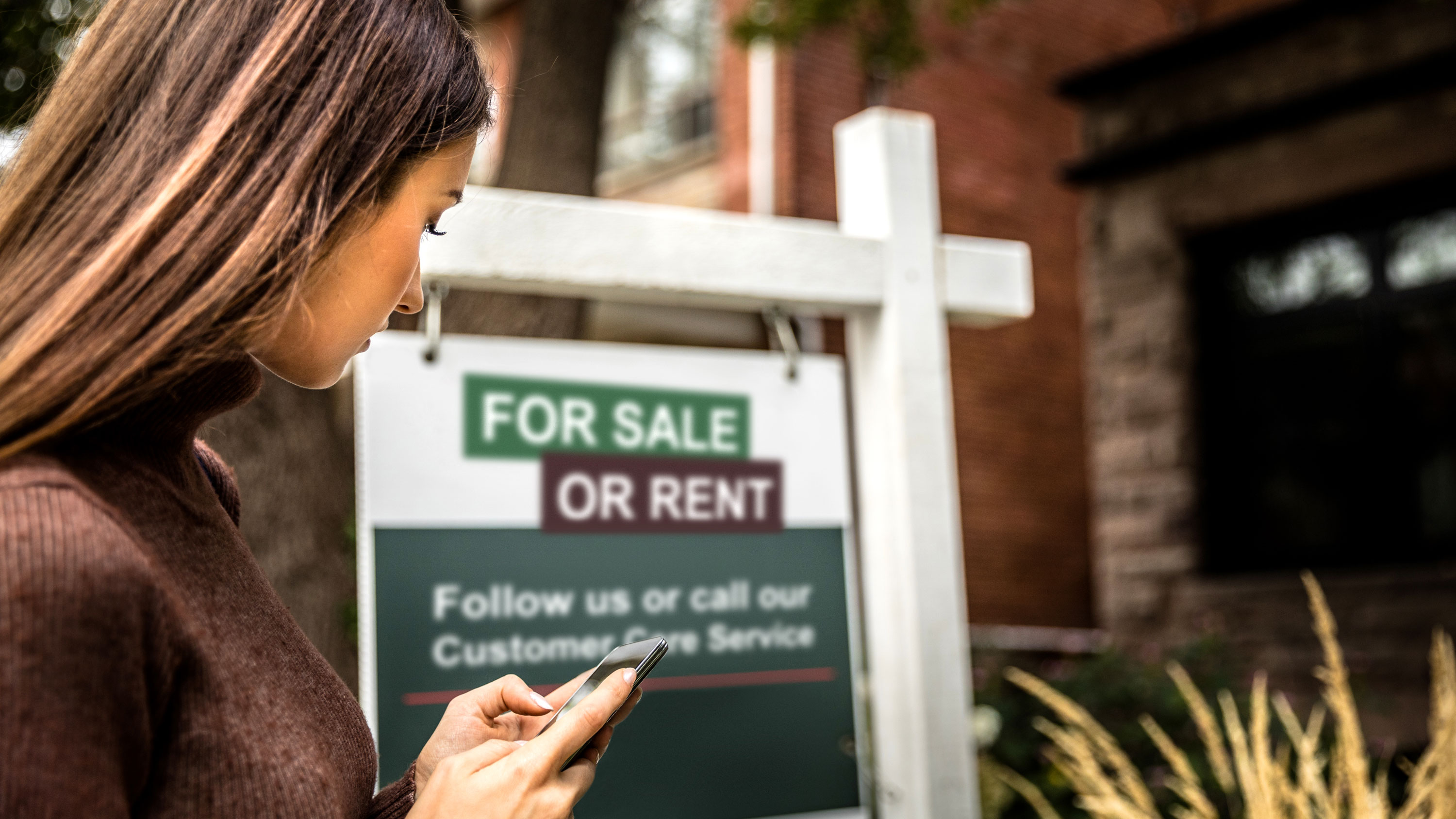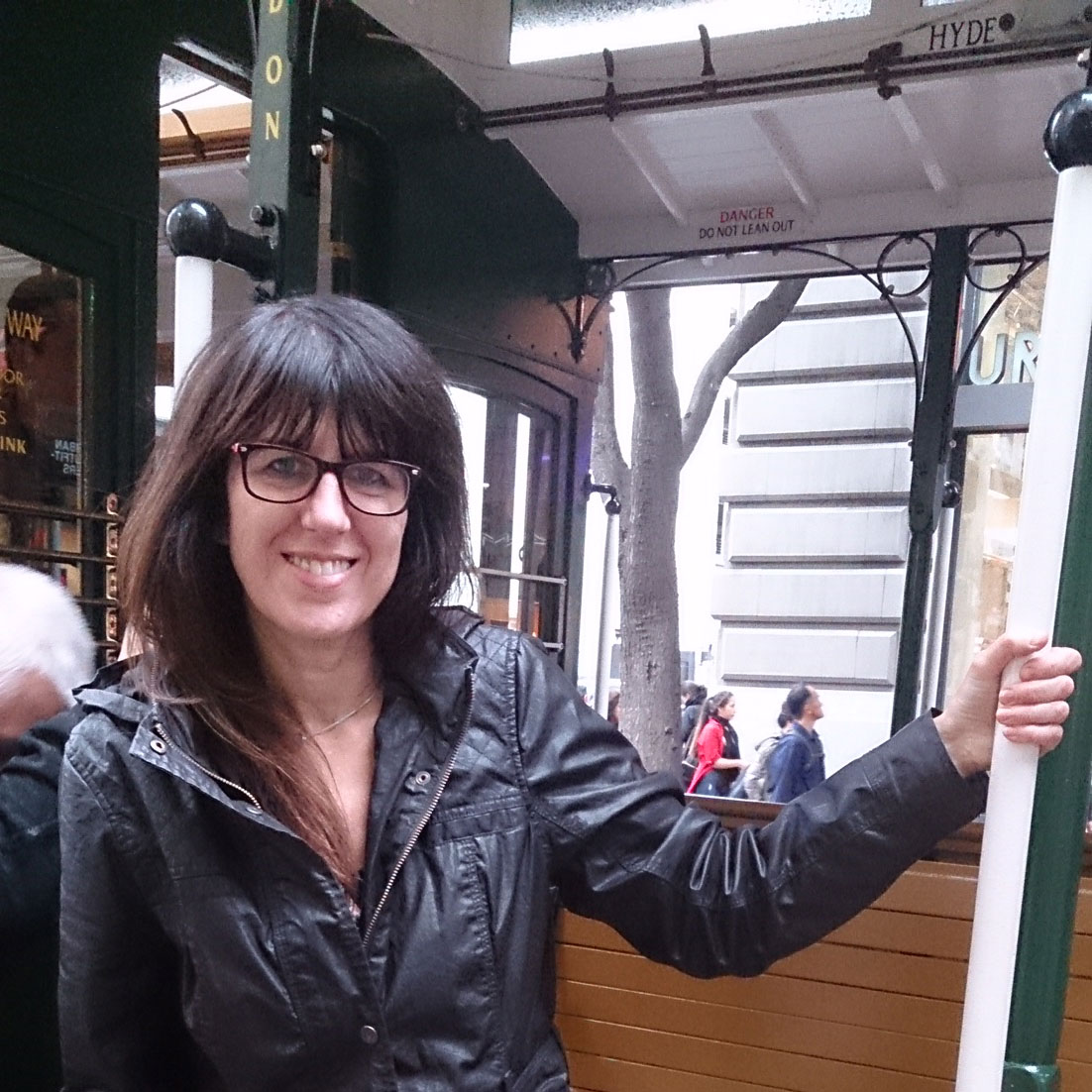10 ways to get on the property ladder
Wondering how to get on the property ladder? Struggling to save for a deposit to buy your own home? Follow these expert tips to make renting a thing of the past


Get small space home decor ideas, celeb inspiration, DIY tips and more, straight to your inbox!
You are now subscribed
Your newsletter sign-up was successful
Wondering how to get on the property ladder? Studies have shown that the typical Londoner (for example) spends more than a third of their monthly salary on rent, and the widening gap between the amount paid to a landlord compared to what they could be paying for a mortgage is costing them £1,000 a year. Plus, keeping up with high rental payments means renters have little left to build up a lump sum towards buying their own home.
But, there is light at the end of the tunnel for any of you struggling to get on to the property ladder while trapped in a rising rental market. It can be done with some careful budgeting and by taking advantage of everything that might put you in a better position to achieve your dream of property ownership. Follow these tips to get that little bit closer to buying your own home.
And, for more detailed advice, consult our guides on buying a house and mortgages for first-time buyers.
1. How much do you need for a deposit?
The first step is knowing the amount you will want for a deposit – and the associated costs of purchasing a house. A property on the market for £300,000 will require a minimum deposit of five per cent, or £15,000. But be aware there may be additional fees related to valuation, surveying, brokering, conveyancing and land registry.
2. Start saving
By being more frugal and informed on your choice of service providers and companies or brands that you use, and slightly adjusting your lifestyle, significant savings can be made. Creating spreadsheets or monitoring your spending with an app can help you identify areas where you can cut some costs. Set targets of savings each month as well as for the year.
In practice, boosting your savings can be achieved by making small changes, such as cutting down on takeaway food and coffees. It may seem insignificant, but these things really do add up.

3. Make the most of available governemnt schemes
There are government initiatives designed to give people a leg-up on to the housing ladder. Investigate whether you are eligible for Shared Ownership, Help to Buy and localised council versions of these schemes. Visit the government’s Shared Ownership website to investigate whether you are eligible.’
4. Find out your credit score
Your credit score can tip the balance as to whether you are accepted or declined for a mortgage. There are many free-to-use online resources where you can obtain and monitor a copy of it. To ensure yours is in top shape, make all repayments in time, settle any outstanding debts at least six months prior to submitting your mortgage application and think carefully about what appears on the debit side of your ledger.
It may sound crazy, but one unpaid phone bill could equal a failed mortgage application, so you really have to be scrupulous with all repayments for at least six months before applying for a mortgage.
5. Find the best mortgage deal
There is a host of mortgage products on the market that provide either variable or fixed rates. Explore what type of mortgage best suits your needs. And speak to an independent mortgage advisor to get impartial advice and options based on your individual situation.
Online comparison tools, such as free calculators, can give you a good idea of how much you might be able to borrow. However, to find the best mortgage deal, it's best to use the full mortgage broker service, whether in person or online. Habito has the best of both worlds – the convenience of an online service, and the thoroughness of a personalised adviser. See more on this below.
6. Be realistic about what you can afford
Owning a penthouse apartment in South Kensington in London, or a luxury cottage in Devon may be your dream but a pinch of pragmatism goes a long way in the housing market. By moving a little bit further out of major cities or choosing to buy in up-and-coming areas, you could potentially get more for your money. Areas undergoing major regeneration and infrastructural investment offer buyers a comparatively cheaper alternative to more traditional 'aspirational' hubs.
Buying a home is one of the biggest financial commitments you can make; get advice and understand what you are committing to. House purchases can sometimes take longer than expected for various logistical and legal reasons so you'll need patience.
7. Leasehold vs freehold: know the difference
Especially with the ongoing leasehold scandal, you need to be aware of the difference between buying leasehold vs freehold. Flats are almost always leasehold, which means you don't own any of the land the building stands on. This means that you are subject to lease renewal fees payable to the freeholder. If the lease is less than 90 years, you will have trouble reselling the property if you buy it.
8. Consider buying with other people
And we don't mean just romantic partners. It may well be feasible to pool your finances with a family member or close friend – or even consider buying into a co-housing group, which will allow you to buy land and self-build with other like-minded people.
9. Be flexible about relocating
If you want to own your home very badly, it may be easier to relocate to a different part of the country, especially if you live in London. Birmingham and Manchester both have booming housing sectors partly due to people relocating from London – and these places are still genuinely affordable.
10. Comparing mortgages
It is difficult to overestimate the importance of shopping around when you get to the mortgage hunting stage. The more research you do, the better. The more help you get with that search – again, the better. We've partnered up with Habito, who offer a free, unbiased mortgage comparison service tailored to your needs, and will even help you with your paperwork. Start with the online mortgage comparison form below to see what you could get, then speak to an advisor for advice and know-how before you commit to anything.
More house buying know how:
Get small space home decor ideas, celeb inspiration, DIY tips and more, straight to your inbox!

Alison is Assistant Editor on Real Homes magazine. She previously worked on national newspapers, in later years as a film critic and has also written on property, fashion and lifestyle. Having recently purchased a Victorian property in severe need of some updating, much of her time is spent solving the usual issues renovators encounter.